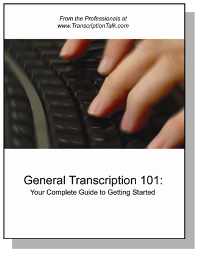Hyphens are punctuation marks that can be used either to join words or to separate syllables. There are numerous rules regarding when to use hyphens, so we'll break this up into a series so as not to overwhelm anyone. Today we'll focus on compound modifiers, also known as compound adjectives or phrasal adjectives.
Compound modifiers are two or more adjectives or adverbs that describe a noun directly following them. They require a hyphen to prevent confusion on the part of the reader. It signals to the reader that he/she should interpret them as a phrase and not separately.
Examples
- blue-green water
- long-term contract
- two-year-old boy
- one-third cup
There are a few exceptions to this rule. One is you never hyphenate a phrase containing the word "very." Do not use a hyphen following words that end in -ly. Also, if the modifying phrase appears after the noun, generally you will not hyphenate it.
Examples
- very hot soup
- friendly looking dog
- contract for the long term










































0 Comments:
Post a Comment